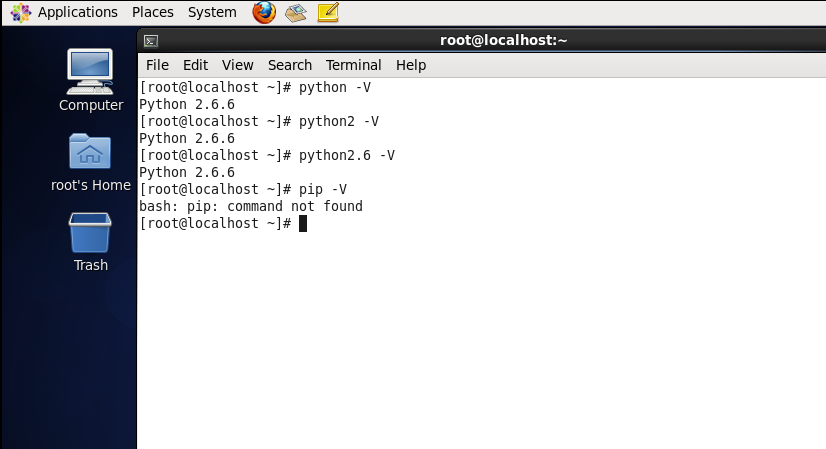Python数据类型详解(四)字典:dict
一.基本数据类型
整数:int
字符串:str(注:\t等于一个tab键)
布尔值: bool
列表:list
列表用[]
元祖:tuple
元祖用()
字典:dict
注:所有的数据类型都存在想对应的类列里,元祖和列表功能一样,列表可以修改,元祖不能修改。
二.字典所有数据类型:
常用操作:
索引、新增、删除、键、值、键值对、循环、长度
class dict(object):
"""
dict() -> new empty dictionary
dict(mapping) -> new dictionary initialized from a mapping object's
(key, value) pairs
dict(iterable) -> new dictionary initialized as if via:
d = {}
for k, v in iterable:
d[k] = v
dict(**kwargs) -> new dictionary initialized with the name=value pairs
in the keyword argument list. For example: dict(one=1, two=2)
"""
def clear(self): # real signature unknown; restored from __doc__
""" D.clear() -> None. Remove all items from D. """
pass
def copy(self): # real signature unknown; restored from __doc__
""" D.copy() -> a shallow copy of D """
pass
@staticmethod # known case
def fromkeys(*args, **kwargs): # real signature unknown
""" Returns a new dict with keys from iterable and values equal to value. """
pass
def get(self, k, d=None): # real signature unknown; restored from __doc__
""" D.get(k[,d]) -> D[k] if k in D, else d. d defaults to None. """
pass
def items(self): # real signature unknown; restored from __doc__
""" D.items() -> a set-like object providing a view on D's items """
pass
def keys(self): # real signature unknown; restored from __doc__
""" D.keys() -> a set-like object providing a view on D's keys """
pass
def pop(self, k, d=None): # real signature unknown; restored from __doc__
"""
D.pop(k[,d]) -> v, remove specified key and return the corresponding value.
If key is not found, d is returned if given, otherwise KeyError is raised
"""
pass
def popitem(self): # real signature unknown; restored from __doc__
"""
D.popitem() -> (k, v), remove and return some (key, value) pair as a
2-tuple; but raise KeyError if D is empty.
"""
pass
def setdefault(self, k, d=None): # real signature unknown; restored from __doc__
""" D.setdefault(k[,d]) -> D.get(k,d), also set D[k]=d if k not in D """
pass
def update(self, E=None, **F): # known special case of dict.update
"""
D.update([E, ]**F) -> None. Update D from dict/iterable E and F.
If E is present and has a .keys() method, then does: for k in E: D[k] = E[k]
If E is present and lacks a .keys() method, then does: for k, v in E: D[k] = v
In either case, this is followed by: for k in F: D[k] = F[k]
"""
pass
def values(self): # real signature unknown; restored from __doc__
""" D.values() -> an object providing a view on D's values """
pass
def __contains__(self, *args, **kwargs): # real signature unknown
""" True if D has a key k, else False. """
pass
def __delitem__(self, *args, **kwargs): # real signature unknown
""" Delete self[key]. """
pass
def __eq__(self, *args, **kwargs): # real signature unknown
""" Return self==value. """
pass
def __getattribute__(self, *args, **kwargs): # real signature unknown
""" Return getattr(self, name). """
pass
def __getitem__(self, y): # real signature unknown; restored from __doc__
""" x.__getitem__(y) <==> x[y] """
pass
def __ge__(self, *args, **kwargs): # real signature unknown
""" Return self>=value. """
pass
def __gt__(self, *args, **kwargs): # real signature unknown
""" Return self>value. """
pass
def __init__(self, seq=None, **kwargs): # known special case of dict.__init__
"""
dict() -> new empty dictionary
dict(mapping) -> new dictionary initialized from a mapping object's
(key, value) pairs
dict(iterable) -> new dictionary initialized as if via:
d = {}
for k, v in iterable:
d[k] = v
dict(**kwargs) -> new dictionary initialized with the name=value pairs
in the keyword argument list. For example: dict(one=1, two=2)
# (copied from class doc)
"""
pass
def __iter__(self, *args, **kwargs): # real signature unknown
""" Implement iter(self). """
pass
def __len__(self, *args, **kwargs): # real signature unknown
""" Return len(self). """
pass
def __le__(self, *args, **kwargs): # real signature unknown
""" Return self<=value. """
pass
def __lt__(self, *args, **kwargs): # real signature unknown
""" Return self<value. """
pass
@staticmethod # known case of __new__
def __new__(*args, **kwargs): # real signature unknown
""" Create and return a new object. See help(type) for accurate signature. """
pass
def __ne__(self, *args, **kwargs): # real signature unknown
""" Return self!=value. """
pass
def __repr__(self, *args, **kwargs): # real signature unknown
""" Return repr(self). """
pass
def __setitem__(self, *args, **kwargs): # real signature unknown
""" Set self[key] to value. """
pass
def __sizeof__(self): # real signature unknown; restored from __doc__
""" D.__sizeof__() -> size of D in memory, in bytes """
pass
__hash__ = None
三.所有字典数据类型举例
user_info = {
0 :"zhangyanlin",
"age" :"18",
2 :"pythoner"
}
#获取所有的key
print(user_info.keys())
#获取所有的values
print(user_info.values())
#获取所有的key和values
print(user_info.items())
clear清除所有的内容
user_info.clear()
print(user_info)
#get 根据key获取值,如果key不存在,可以指定一个默认值
val = user_info.get('age')
print(val)
#update批量更新
test = {
'a':111,
'b':222
}
user_info.update(test)
print(user_info)
四.索引
#如果没有key,会报错
user_info = {
"name" :'zhangyanlin',
"age" :18,
"job" :'pythoner'
}
print(user_info['name'])
五.for循环
#循环
user_info = {
0 :"zhangyanlin",
"age" :"18",
2 :"pythoner"
}
for i in user_info:
print(i)
#循环输出所有的键入值
for k,v in user_info.items():
print(k)
print(v)
以上就是本文的全部内容了,希望对大家熟练掌握Python数据结构能够有所帮助。


